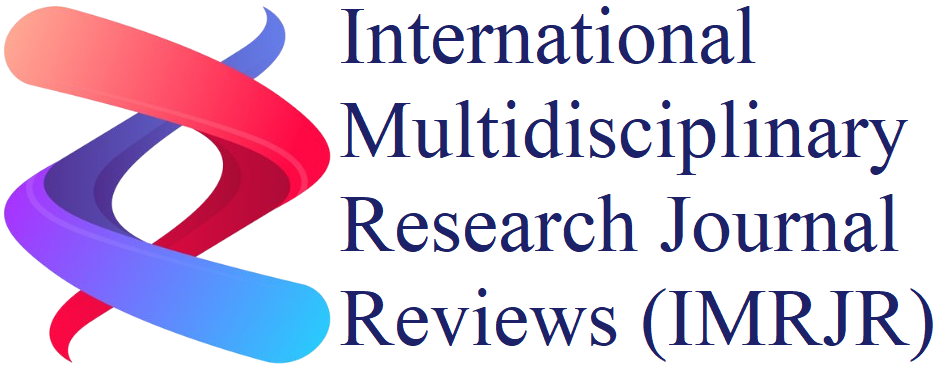Abstract: Kumbh Mela is one of the world’s largest religious gatherings, bringing together millions of devotees, saints, and tourists. This study explores its social impact, focusing on faith, tradition, and community. It examines how the event strengthens cultural values, promotes social harmony, and influences economic and environmental aspects.
The study follows a qualitative approach, analyzing historical records, participant observations, and interviews with pilgrims and organizers. It also reviews past studies on the social and cultural effects of Kumbh Mela.
The findings reveal that Kumbh Mela plays a crucial role in preserving traditions, reinforcing collective faith, and fostering a sense of belonging among people from diverse backgrounds. It also boosts the local economy through tourism and temporary infrastructure development. However, it raises challenges related to crowd management, sanitation, and environmental concerns.
The study concludes that Kumbh Mela is more than a religious event; it is a symbol of unity and shared cultural heritage. Understanding its social impact helps in planning future events more efficiently. Further research can focus on sustainable practices to balance religious traditions with environmental conservation. This will ensure that Kumbh Mela continues to be a meaningful experience for future generations.
Keywords: Kumbh Mela, faith, tradition, community, social impact, religious gathering, cultural heritage.
Download:
![]() |
DOI:
10.17148/IMRJR.2025.020105
|
DOI:
10.17148/IMRJR.2025.020105
[1] Vanshika Shukla, "Faith, Tradition, and Community: The Social Impact of Kumbh," International Multidisciplinary Research Journal Reviews (IMRJR), 2025, DOI 10.17148/IMRJR.2025.020105

